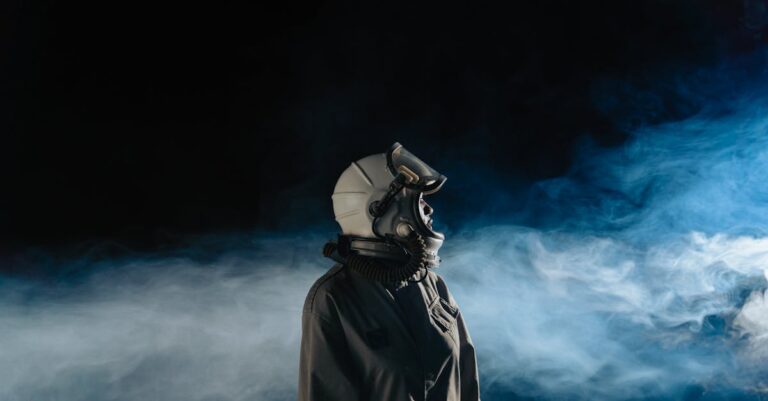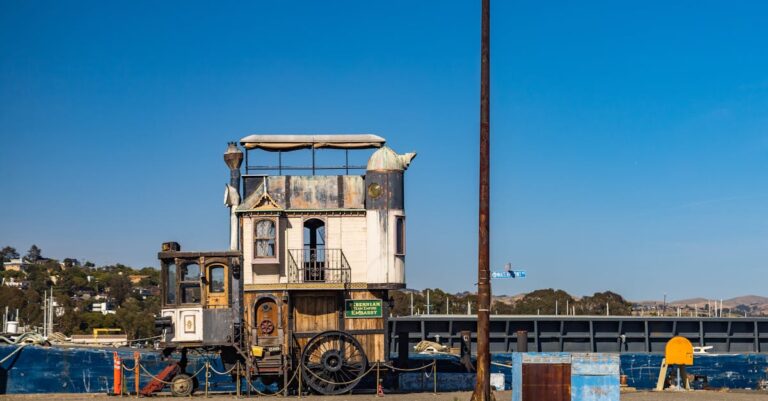Clara Hartman stepped off the stagecoach in Redding, California, her boots crunching on gravel as the sun beat down like a hammer. The air reeked of dust and coal smoke, a sharp contrast to the pine-scented breeze she’d known in Oregon. She adjusted her bonnet, squinting at the town’s skeletal frame—boardwalks creaking under the weight of prospectors, a saloon’s piano tinkling a lonely tune. Her husband’s letter had been vague, just a single line: *The mines here are rich, but so are the dangers.* She hadn’t asked for details. Not then.
The innkeeper, a gaunt man with a scar splitting his lip, eyed her as she paid in silver. “You’re the widow,” he said, not a question. Clara nodded, her throat tight. The room smelled of mildew and stale beer. She lay on the narrow bed, listening to the wind howl through the cracks in the wall. That night, she dreamed of the mine—dark and yawning, its walls glistening with quartz.
By dawn, she’d secured a job as a cook at a miners’ camp, her hands blistered from stirring stew over an open flame. The men spoke in grunts, their faces etched with soot. One, a broad-shouldered man named Jace, lingered too long when she handed him his bowl. “You’re not like the others,” he said, his voice low. Clara didn’t reply. She’d learned to keep her thoughts guarded.
Weeks passed in a blur of labor and silence. Then came the fire. It started in the timber yard, a flicker that roared into a inferno by morning. Clara ran, her dress snagging on broken fence posts, as flames licked the sky. The camp’s boss, a man named Harlan, barked orders, his face red with fury. “Who did this?” he demanded. No one answered. Clara watched from the edge of the crowd, her mind racing. She’d seen Harlan’s men skimming ore, their pockets heavy with stolen gold.
That evening, she found Jace near the river, his boots soaked. “You think it was the Chinese laborers?” he asked, his voice bitter. Clara shook her head. “Harlan’s men. They’re stealing from the mine.” Jace studied her, his eyes narrowing. “You’d have to prove it.” She didn’t flinch. “I can.
The next day, Clara slipped into the mine shafts, her lantern casting long shadows on the walls. She found the tunnels where ore was being siphoned, the floor littered with broken tools. Her hands trembled as she pocketed a piece of gold, her mind already plotting. When she emerged, Jace was waiting, his expression unreadable. “You’re brave,” he said. Clara didn’t smile. “I’m tired of being silent.”
Harlan’s men came for her that night, their faces twisted with rage. Clara fled into the hills, her lungs burning, until she stumbled into a cave. She spent days there, surviving on berries and rainwater, her mind fixed on one thing: exposing Harlan. When she finally returned, the camp was empty, its buildings gutted. The fire had done its work.
Jace found her at the edge of town, her clothes tattered, her resolve unshaken. “They’re gone,” he said. Clara nodded. “Then I’ll start over.” She didn’t look back as she walked away, the weight of the gold piece in her pocket a silent promise. The mines would rise again, but this time, she’d ensure they belonged to those who worked them.


